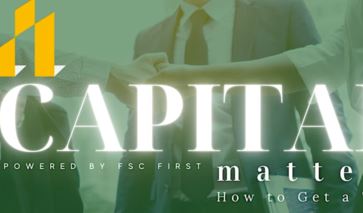The typical conversations that families have about money seem especially anxious these days. They’re dealing with higher prices at the gas pump and in the grocery store. They’re trying to figure out what they have available for holiday gift-giving, charitable contributions, and maybe even a vacation. As they hear predictions for inflation and a possible recession, they’re asking what that means for them, for their daily lives.
These discussions are tougher if they don’t understand their options or the possible consequences of their decisions. Imagine being a teenager preparing for college, a new parent struggling to provide for your family, or a recent arrival to this country learning to navigate a strange land; the financial barriers to overcome and the opportunities to explore as you pursue your dreams require constant choices.
Unfortunately, bad choices are just as easy to make as good ones. And those bad decisions can result in long-term problems, like overwhelming debt and once-in-a-lifetime opportunities that evaporate too quickly. Imagine the regret and anxiety this could cause.
Imagine, on the other hand, knowing your options and the financial consequences of each decision. You’d be able to understand if a short-term expense would yield long term financial benefit, or if a one-time, expensive purchase would be a sound investment. You’d have a plan, a budget, and an understanding of what you can and cannot do financially.
As with most things, the way to alleviate this confusion and anxiety is through education — economic education. Southern Maryland educators in Charles, Calvert and St. Mary’s counties are providing that education for thousands of students, and are setting an example for how we can prepare our children.



